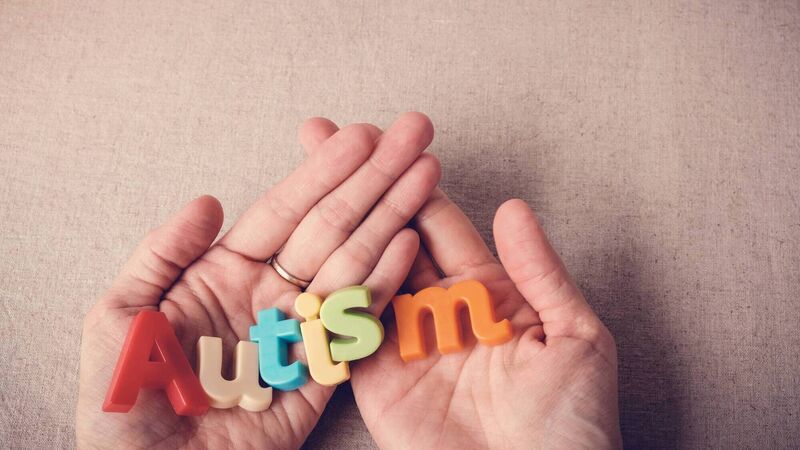Q&A: Why did the Dept of Health keep dossiers on children with autism?

The dossiers include sensitive medical and educational information about the children who were involved in historic legal actions against the State.
The Department of Health has built dossiers on almost 50 children with autism who were involved in legal actions against the State, a whistleblower has claimed.
The dossiers include sensitive medical and educational information about the children who were involved in historic legal actions against the State.










